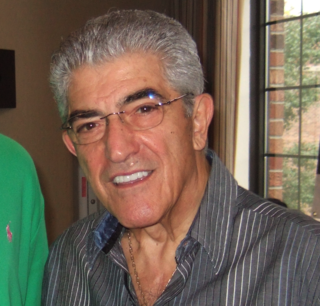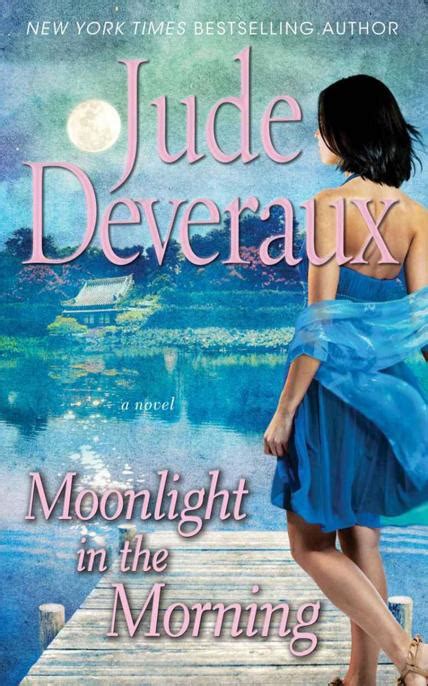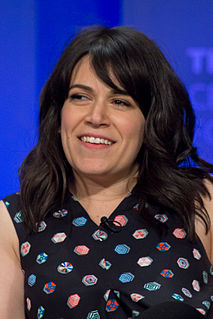A Quote by Kristine Kathryn Rusch
As one of my creative writing professors once said, there are only seven plots. What makes those plots different is how you handle them, your voice, your style, and your way of thinking. That’s all. People can mimic your style, but they can never achieve your unique point of view.
Related Quotes
For me, music is in no way ornamental or decorative, it's constitutive of who I am. And that's why, when I say I'm a blues man, that's a very serious vocation - to muster the courage to find your own unique voice, to forge your distinctive style in the world, to leave your imprint in the sands of time in such a way that your singularity, your individuality, remains something that people have to come to terms with.
Your skills may not be anything out of the ordinary, but you can do miraculous things with what you've got. Maybe it's your parenting skills, or your compassion. It may be your curiosity, your imagination or unique style of fashion. Even if it seems to be no big deal, the lesson here is we all have unique abilities and talents.
As a songwriter, you tend to develop your own style, your own technique, based around what it is you're trying to write and perform, in terms of your own music. So a way of evolving a guitar style as a songwriter is much easier, I think, than developing a true style of your own just from listening to music or playing other people's music.
And when you are operating within your style, which is your world, which you operate in, then it also would make sense to you. Now, whether it makes sense to anybody outside is besides the point really. You just do it and then you find that other people kind of begin to relate to it and allow themselves to get into your way of thinking about things.
You should really stay true to your own style. When I first started writing, everybody said to me, 'Your style just isn't right because you don't use the really flowery language that romances have.' My romances - compared to what's out there - are very strange, very odd, very different. And I think that's one of the reasons they're selling.





































